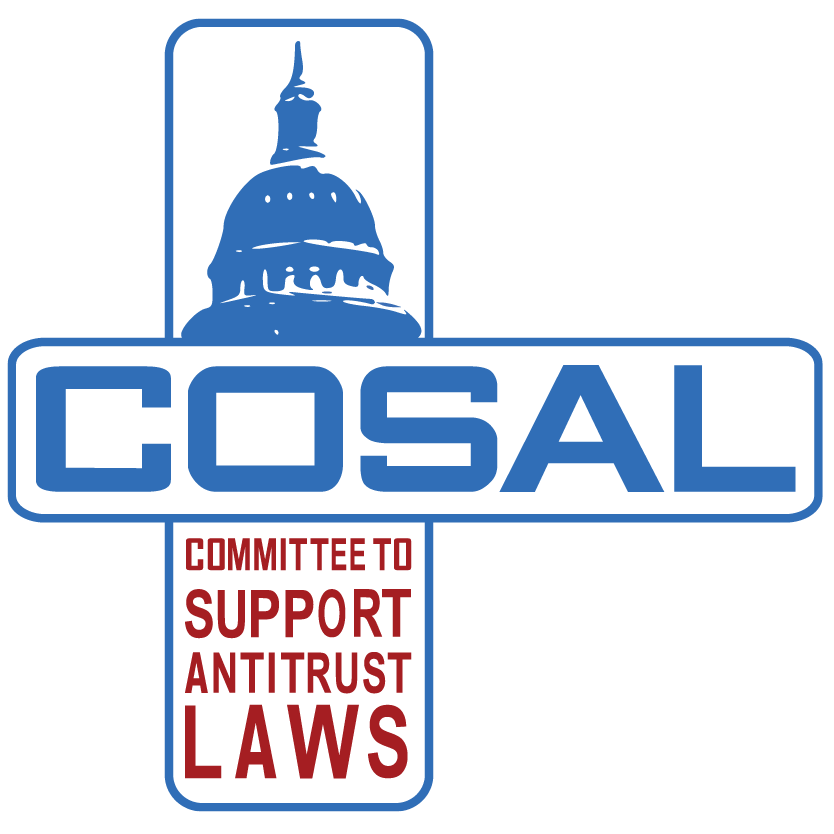Amicus Brief: Epic Games, Inc. v. Apple, Inc.
In the case Epic Games v. Apple, the district court agreed that Apple’s Developer Product Licensing Agreement restricted competition, yet they ruled in favor of excluding the agreements from Section 1 liability. This decision stemmed from the fact that Apple forces all iOS app developers to sign the contract, rather than negotiate its terms. However, according to precedent, an express contract still falls under the jurisdiction of the Sherman Act, even when one entity unilaterally imposes its terms on the other party. Allowing for the exclusion of non-negotiable contracts from Section 1 scrutiny provides opportunities for many agreements to achieve protection simply because powerful forces created them. As such, COSAL urged the Court to hold anticompetitive conduct liable, regardless of whether parties forced others into contract terms. Although the district court erred regarding this first decision, they correctly rejected Apple’s alternative assertion for why it should not be held to antitrust scrutiny. Apple tried to say that its iOS product design cannot be exclusionary conduct; as such, COSAL wanted the Court to affirm that exclusionary design should not be immunized. Geoffrey Kozen, Stacy Slaughter, Stephen Safranski, Katilin Ek, Lin Chan, Michelle Looby, Kaitlyn Dennis, and Kristen Marttila wrote this brief.

